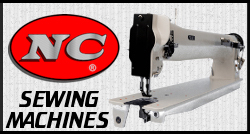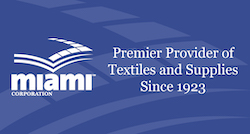-
 Ashraf ismail
0Hey Hogring community!
Ashraf ismail
0Hey Hogring community!
I've been looking into some really exciting advancements in AI technology for quality detection, particularly in industries like seat cover and fabric manufacturing. It seems AI is rapidly transforming how we ensure product quality, offering significant improvements over traditional methods.
Specifically, I came across EasyODM's solutions
Seat Cover Quality Detection
Textile Industry
Plastics Industry
Wood Industry
Pharmaceutical Industry
Glass Industry
They highlight how AI-driven visual inspection systems can:
Boost accuracy and speed: Detecting even minute defects that human eyes might miss, and doing it much faster (they claim up to 27x faster for seat cover wrinkle detection!).
Reduce costs: By minimizing errors, rework, and wasted materials, leading to substantial cost savings (e.g., 30x cost savings compared to manual inspection).
Provide objective and consistent results: Eliminating the subjectivity and fatigue inherent in human inspection.
Identify a wide range of defects: From fabric discolorations, uneven stitching, and wrinkles in seat covers to holes, stains, knots, and uneven dyeing in textiles.
This really makes me wonder about the implications for our industry. How do you see AI quality control impacting:
The need for skilled manual inspectors? Will their roles evolve, or diminish?
The overall efficiency and throughput of production lines?
The initial investment vs. long-term ROI for adopting such systems?
The challenge of integrating these AI systems with existing machinery and workflows?
I'm particularly interested in hearing from anyone who has experience with or is considering implementing AI for quality control in their operations.
Welcome to The Hog Ring!
This forum is only for auto upholstery pros, apprentices and students. Join today to start chatting.
More Discussions








- Terms of Service
- Useful Hints and Tips
- Sign In
- Created with PlushForums
- © 2026 The Hog Ring
